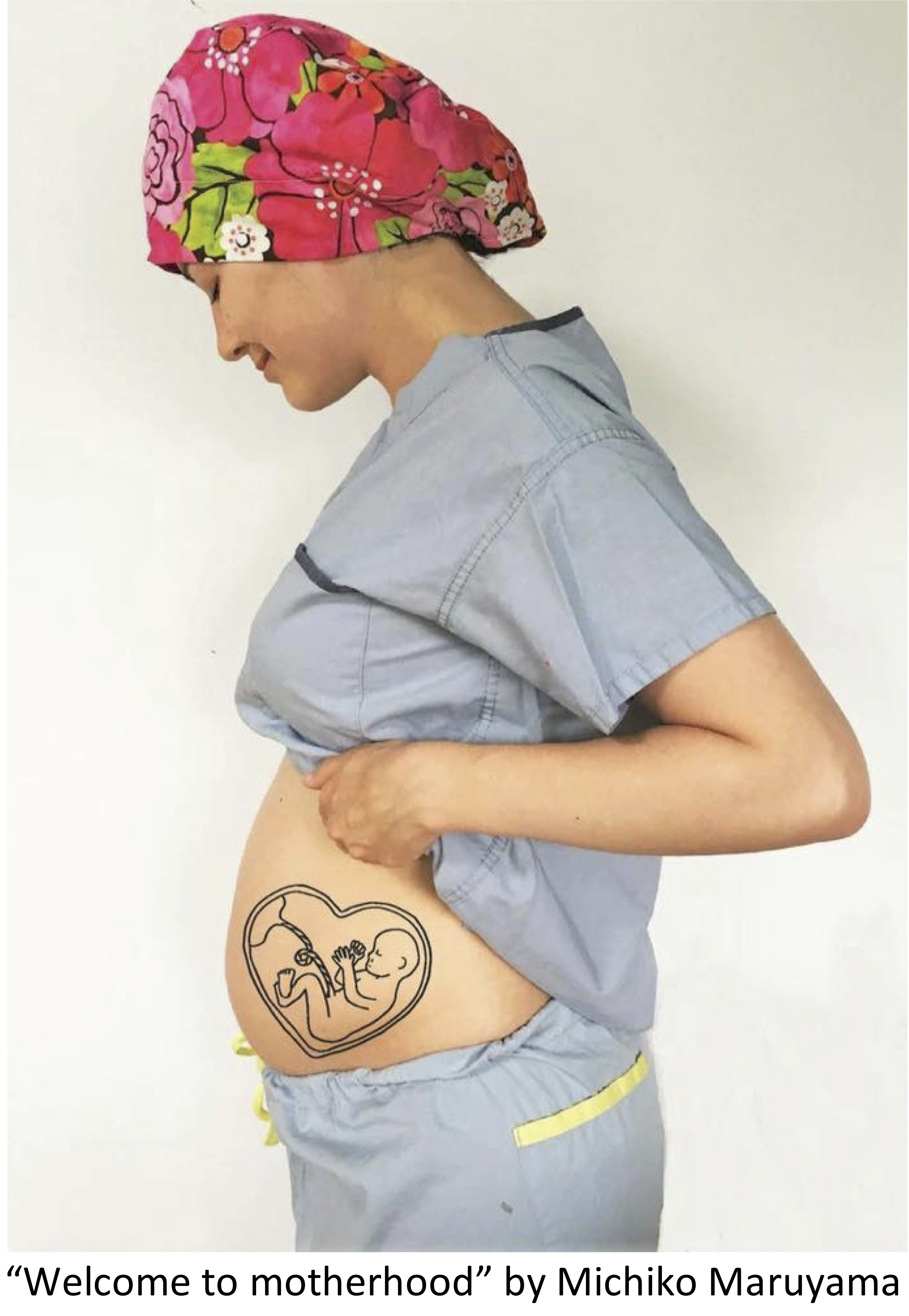Characterizing a community health partnership in Dominican Republic: Network mapping and analysis of stakeholder perceptions
DOI :
https://doi.org/10.36834/cmej.36924Mots-clés :
Network mapping, health coalition, global health, short-term experiences in global healthRésumé
Background: Medical trainees complete learning experiences abroad to fulfil global health curricular elements, but this participation has been steadily criticized as fulfilling learner objectives at the cost of host communities. This study uses network and qualitative analyses in characterizing a community coalition in order to better understand its various dimensions and to explore the perceived benefits it provided towards optimizing community outcomes.
Methods: Data from a semi-structured survey was used for network and qualitative analyses. Partner linkages were assessed using network analysis tool UCINET 6 (version 6.6). Thematic analysis was conducted on qualitative responses around the perceived coalition strengths and weaknesses.
Results: Network analysis confirmed that local member organizations were key network influencers based on reported formal agreements, general interactions, and information shared. While sharing of resources was rare, qualitative analysis suggested that information sharing contributed to engagement, enthusiasm, and communication that allowed visiting partners to expand their understanding of community needs and shift their focus beyond learner objectives.
Conclusion: Global health programs for medical students should consider the use of community health coalitions to optimally align the work undertaken by learners on global health experiences abroad. Network mapping can help educators and coalition partners visualize interactions and identify value.
Téléchargements
Publié
Numéro
Rubrique
Licence
La soumission d’un manuscrit original à la revue constitue une indication qu’il s’agit d’un travail original, qu’il n’a jamais été publié et qu’il n’est pas envisagé pour publication dans une autre revue. S’il est accepté, il sera publié en ligne et ne pourra l’être ailleurs sous la même forme, à des fins commerciales, dans quelque langue que ce soit, sans l’accord de l’éditeur.
La publication d’une recherche scientifique a pour but la diffusion de connaissances et, sous un régime sans but lucratif, ne profite financièrement ni à l’éditeur ni à l’auteur.
Les auteurs qui publient dans la Revue canadienne d’éducation médicale acceptent de publier leurs articles sous la licence Creative Commons Paternité - Pas d’utilisation commerciale, Pas de modification 4.0 Canada. Cette licence permet à quiconque de télécharger et de partager l’article à des fins non commerciales, à condition d’en attribuer le crédit aux auteurs. Pour plus de détails sur les droits que les auteurs accordent aux utilisateurs de leur travail, veuillez consulter le résumé de la licence et la licence complète.











